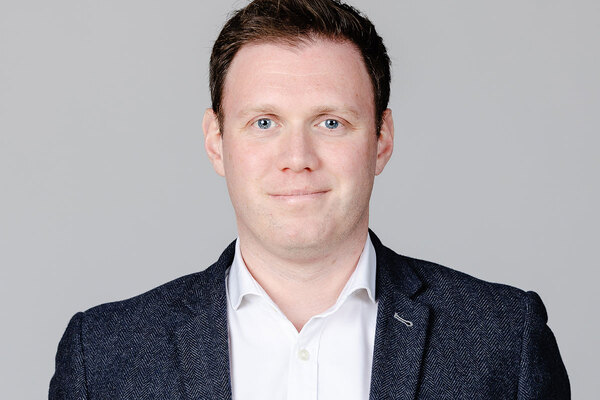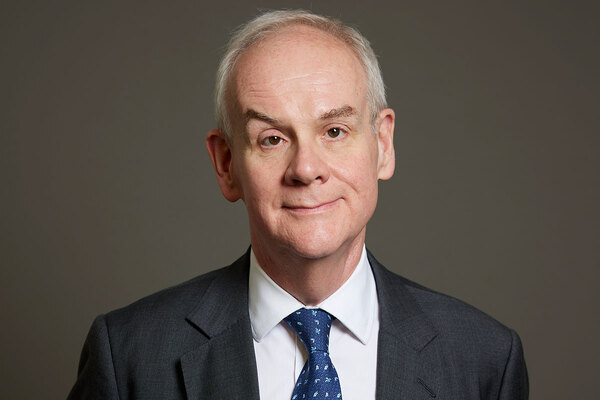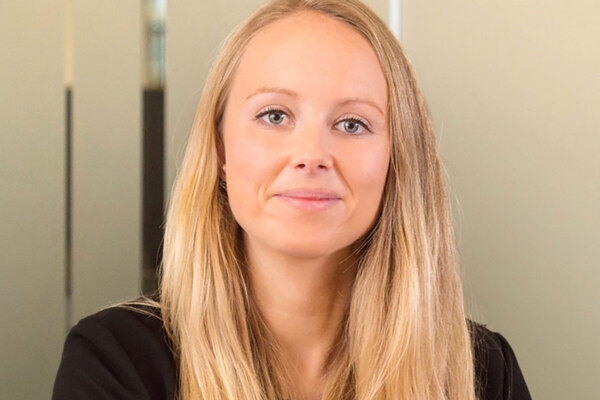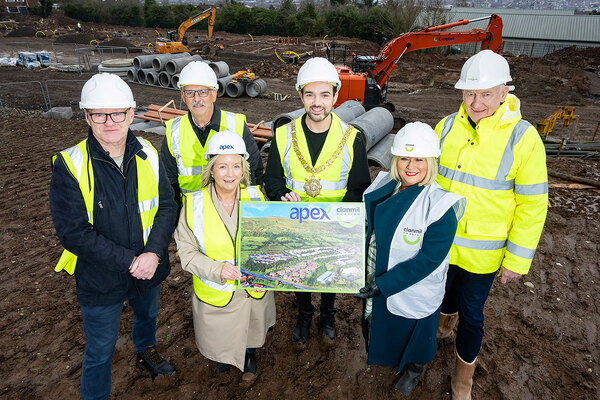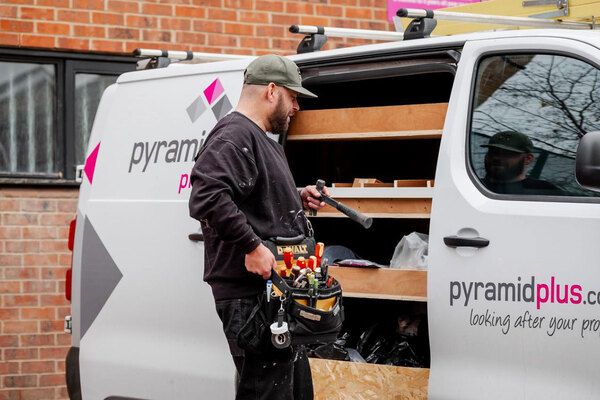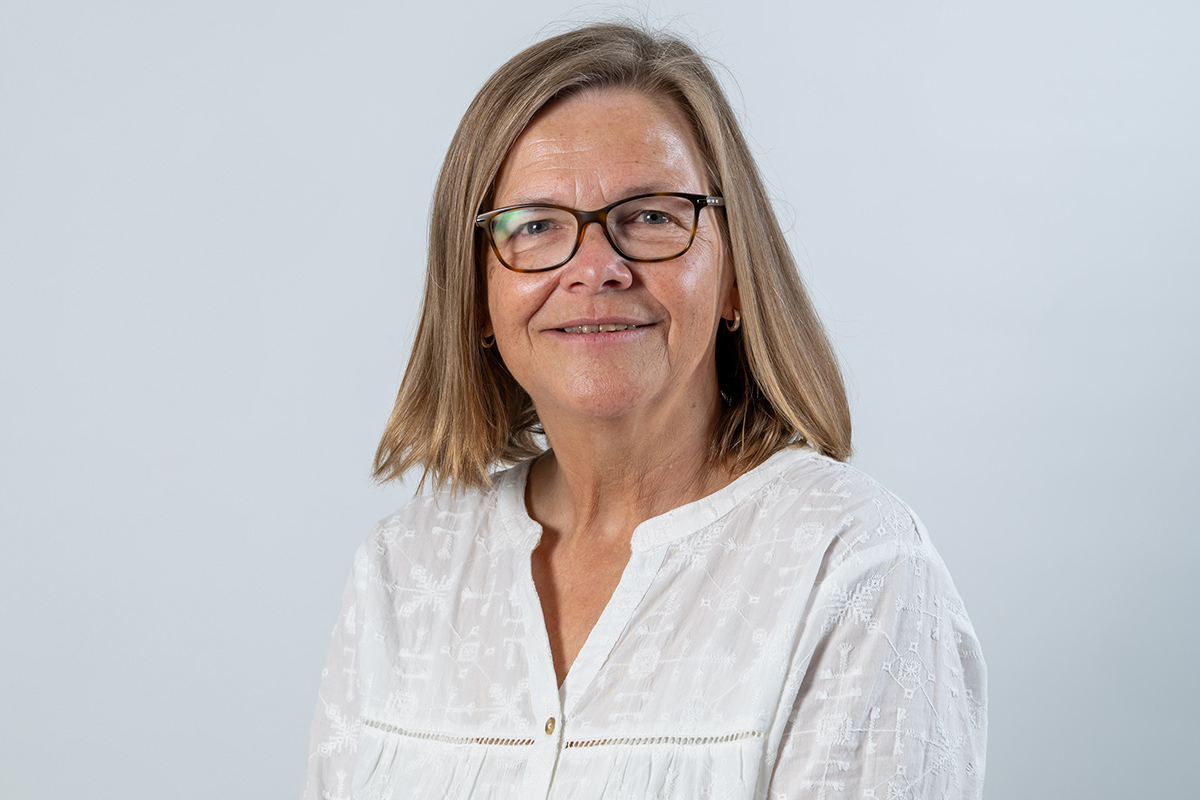You are viewing 1 of your 1 free articles
Real estate investor will target 3,000 homes ‘over next few years’, says affordable housing boss
The first head of affordable housing at Octopus has outlined the large real estate investment company’s strategy for entering the sector, after acquiring a registered provider last year.
Jack Burnham told Inside Housing that the firm “aspires to build and own at least 3,000 homes over the next few years”.
Mr Burnham joined Octopus from Hertfordshire-based landlord Thrive Homes in September last year.
Octopus revealed in January that it was targeting institutional investors with £300m in commitments throughout the year as part of its affordable-housing strategy.
Mr Burnham said: “We’re going to be offering slow, patient capital that wants to see social impact and stable returns, and increasingly looking at place-based outcomes as well.”
The firm, which has more than £3.4bn in assets, announced in May that it had acquired Rex Housing, the registered provider which has since rebranded to NewArch Homes. This will allow it to operate a new direct-let model alongside housing associations.
In the same month, Octopus revealed it was in advanced talks with a number of housing associations over potential partnerships to develop affordable homes across the country.
The group said it would work with housing associations and bring in long-term capital to fund the delivery and long-term ownership of new homes.
It has said that it will operate the direct-let, rather than a lease-based, model with associations, to ensure fair risk-sharing with partners.
Mr Burnham explained that Octopus entered the sector because it had a lot of experience in residential development and investment. In addition, investing in affordable housing also aligns with the group’s B Corp impact strategy.
B Corp certification allows companies to monitor their social and environmental performance.
Mr Burnham said discussions with landlords about potential partnerships were still continuing, but Octopus was predominately looking at new stock because it wanted to set a high bar for standards and energy efficiency.
On other areas for partnership working, particularly in asset management, he said: “We are open to retrofit opportunities and we’ve been speaking to housing associations about this, as there’s definitely a gap in the market.”
On tenures, Mr Burnham confirmed that “we’re looking for the majority of everything we do to be affordable or social rent”, alongside “maybe 20% to 30% being shared ownership”.
He added: “It’s not our core tenure, but we see it as meeting a need on certain schemes.”
Providers are facing difficult spending decisions as they grapple with fire safety and decarbonisation costs, plus damp and mould. At the same time, supply chain pressures and inflation are affecting development pipelines.
In response, Mr Burnham said: “That’s exactly what we’re trying – to sign up these strategic partnerships with housing associations that are maybe facing challenges with increased debt rates and investment in their own stock. So rather than having to slow down development, you can work with us and use some of our equity to fill the gap.”
Octopus will also focus on older-people’s affordable housing. It has some expertise in this area through various investment funds.
Mr Burnham said the group hoped to offer something different to the sector. As a financial services company, Octopus will not be constrained by how much debt it can raise against its existing portfolio and can instead focus on “how much investment we can bring in from equity investors”.
Octopus will not be targeting Section 106 opportunities exclusively, Mr Burnham explained, as the firm wanted to use grants to bring additional homes back into the sector.
With residents facing a cost of living crisis and rising energy bills over at least the past six months, Mr Burnham said it would leverage its relationship with Octopus Energy to aim for zero bills on the new build side and other strategies related to net zero.
He pointed out that the firm has an air-source heat pump manufacturing plant in Northern Ireland and one of the largest teams of fitters in the country.
“Helping providers adopt these technologies is an example of the sort of thing we could do, with a zero-bills initiative on the new build side, alongside working with developers and associations to reduce the energy draw of a house by making it thermally efficient and adding renewables on top of that, effectively making it almost carbon positive,” he said.
Sign up for our development and finance newsletter
Already have an account? Click here to manage your newsletters
